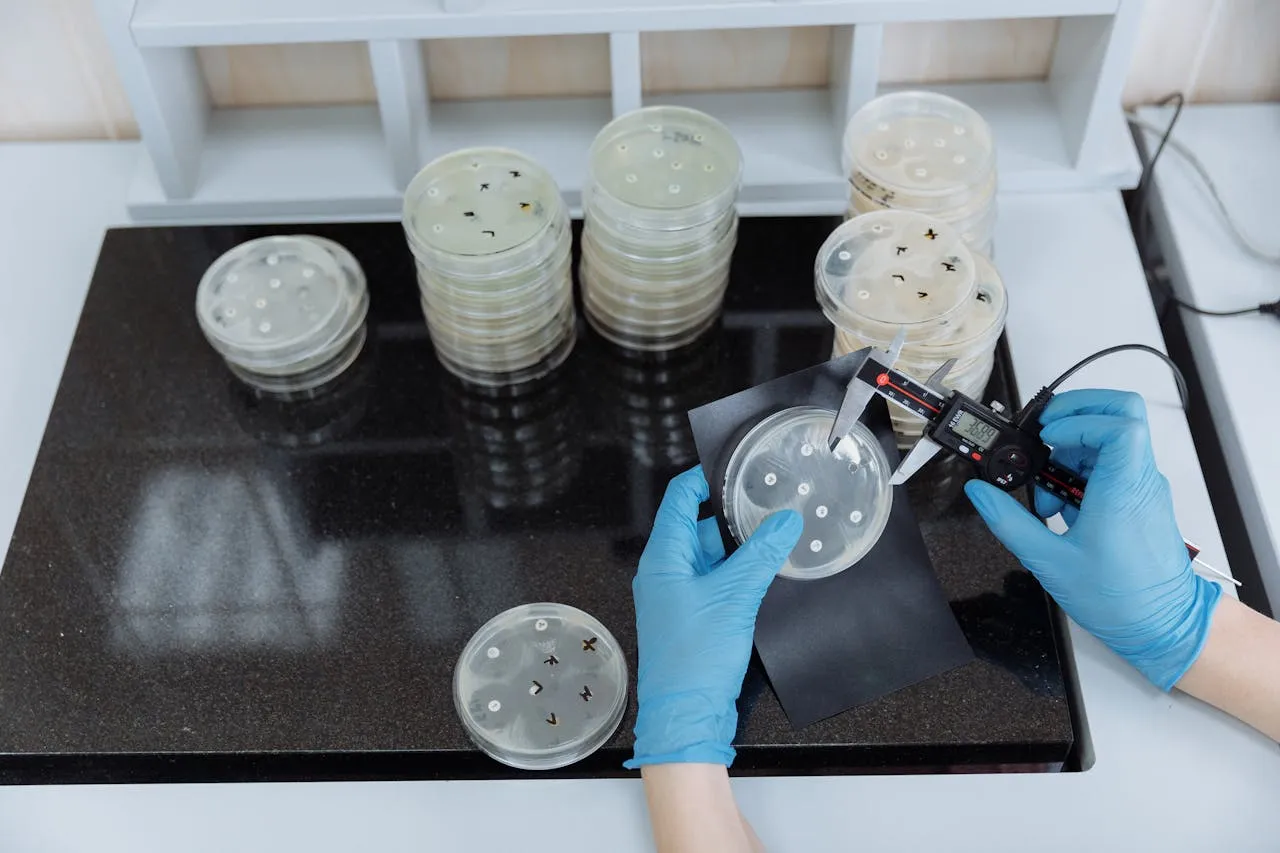
Bio-Techne Corporation announced the launch of a highly sensitive ESR1 mutation monitoring assay through its Asuragen brand. This innovative assay is designed for research use and aims to detect ESR1 gene mutations associated with hormone receptor-positive (HR+) metastatic breast cancer. The new assay includes a qPCR detection kit and an isolation kit for cell-free DNA (cfDNA) and exosomal RNA. It will be showcased at the San Antonio Breast Cancer Symposium, starting December 10th, at the Asuragen booth.
The Importance of ESR1 Mutation Detection
ESR1 mutations are rare before treatment but emerge in up to 40% of patients with HR+ metastatic breast cancer following endocrine therapy. These mutations signal potential resistance to treatment, making their early detection critical for clinicians to adapt therapeutic strategies effectively. However, many existing molecular testing technologies struggle to achieve the required sensitivity to detect these mutations reliably and cost-effectively.
A Breakthrough in ESR1 Mutation Monitoring
Asuragen’s new ESR1 mutation monitoring assay addresses these challenges by combining the QuantideX® qPCR ESR1 exoMutation Kit with the ExoLution™ Plus cfDNA + exoRNA Isolation Kit. This combination enables the detection of 11 ESR1 ligand-binding domain mutations with unparalleled sensitivity. The assay leverages widely available qPCR technology, facilitating seamless integration into existing laboratory workflows without necessitating significant investment in new platforms.
What sets this assay apart is its ability to detect molecular signals from both cfDNA and exosomal RNA. This dual-source detection significantly enhances sensitivity, matching levels typically associated with more expensive or complex technologies. By achieving high accuracy with accessible technology, the assay provides a cost-effective and practical solution for researchers.
Supporting Advancements in Targeted Therapy
“With a growing number of candidate drugs targeting ESR1 mutations in clinical trials, it is more important than ever for laboratory scientists to detect these mutations in patients treated with aromatase inhibitors and other endocrine therapies,” said Dr. Matt McManus, President of Bio-Techne’s Diagnostics and Spatial Biology Segment.
Dr. McManus highlighted Bio-Techne’s expertise in qPCR-based assay development and its proficiency in extracting and analyzing data from exosomes. “This combination uniquely positions Bio-Techne to deliver a high-quality, streamlined, and multiplexed ESR1 mutation assay for widespread use in clinical research laboratories,” he added.
Enhancing Research and Patient Care
The ESR1 mutation monitoring assay’s innovative design aligns with current needs in cancer research and precision medicine. As researchers increasingly explore targeted therapies, the ability to detect and monitor ESR1 mutations with high sensitivity can help accelerate drug development and improve patient outcomes. By providing actionable insights into treatment resistance, the assay empowers researchers and clinicians to refine therapeutic approaches for HR+ metastatic breast cancer patients.
Technology That Bridges Gaps
Traditional approaches to ESR1 mutation detection often involve technologies that are either cost-prohibitive, complex, or limited in sensitivity. Asuragen’s assay bridges these gaps by delivering high sensitivity through a straightforward qPCR platform. This accessibility ensures broader adoption in clinical research laboratories and democratizes access to advanced molecular diagnostic tools.
Spotlight at San Antonio Breast Cancer Symposium
The San Antonio Breast Cancer Symposium serves as a platform for introducing this groundbreaking technology to the scientific community. Researchers and clinicians attending the event will have the opportunity to explore the assay’s capabilities firsthand and discuss its potential applications in advancing breast cancer research.
Future Implications
As the prevalence of HR+ metastatic breast cancer continues to rise, innovations like the ESR1 mutation monitoring assay become increasingly critical. By equipping researchers with reliable, cost-effective tools, Bio-Techne and Asuragen contribute to the broader goal of improving outcomes for cancer patients worldwide. This assay not only addresses an unmet need in cancer diagnostics but also sets the stage for future advancements in precision oncology.





